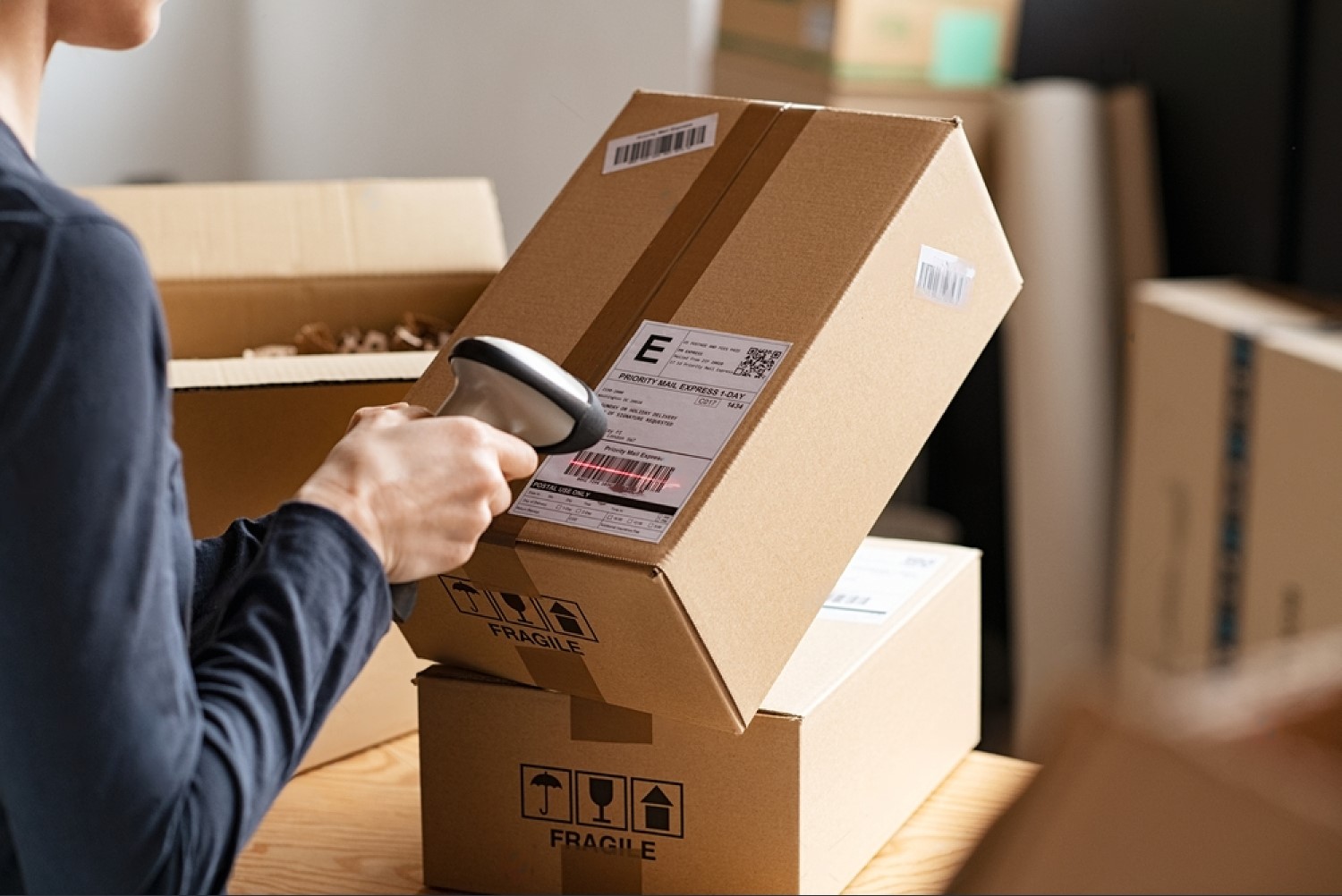E-COMMERCE HUBS PUBLIC PRIVATE PARTNERSHIP FINANCE MINISTER LOGISTIC FRAMEWORK NATIONAL
NEW DELHI, INDIA
By IFAB MEDIA - NEWS BUREAU - July 25, 2024 | 190 2 minutes read
The Government on Tuesday unveiled plans to establish hubs to promote exports through e-commerce, leveraging a public-private partnership (PPP) model. Finance Minister Nirmala Sitharaman stated that these hubs, designed under a seamless regulatory and logistic framework, will provide comprehensive trade and export-related services in a single location.
“To enable MSMEs (micro, small and medium enterprises) and traditional artisans to sell their products in international markets, e-commerce export hubs will be set up in PPP mode,” Sitharaman announced.
Commerce Secretary Sunil Barthwal recently mentioned that a regulatory framework aimed at boosting the country's exports via e-commerce is anticipated to be ready by September. Currently, India’s exports through e-commerce stand at approximately USD 5 billion annually, a stark contrast to China’s USD 300 billion.
There is significant potential to elevate this figure to USD 50-100 billion in the coming years. These hubs will enable small producers to sell their products to aggregators, who will then market these products internationally. Key export products with substantial potential include jewellery, apparel, handicrafts, and ODOP (one district one product) goods.
The Commerce Ministry’s Directorate General of Foreign Trade (DGFT) is collaborating with the Reserve Bank of India (RBI) and various ministries, including the Finance Ministry, to implement several measures to promote exports through e-commerce. The sector holds immense export opportunities. In these hubs, export clearances will be streamlined, and additional facilities such as warehousing, customs clearance, returns processing, labelling, testing, and repackaging will be available.









